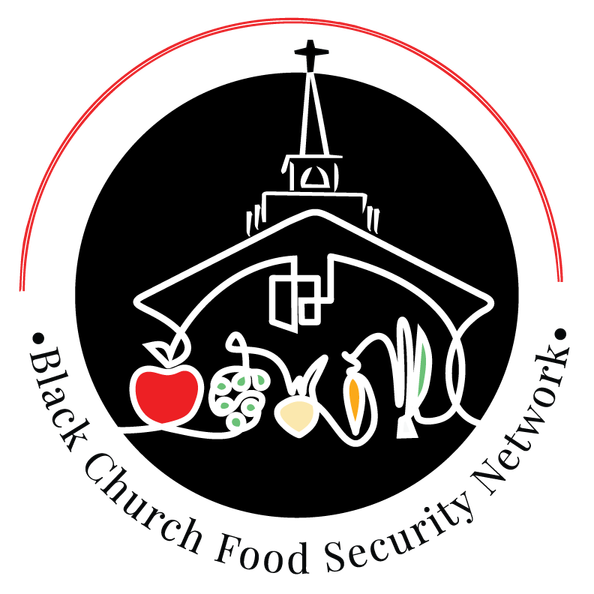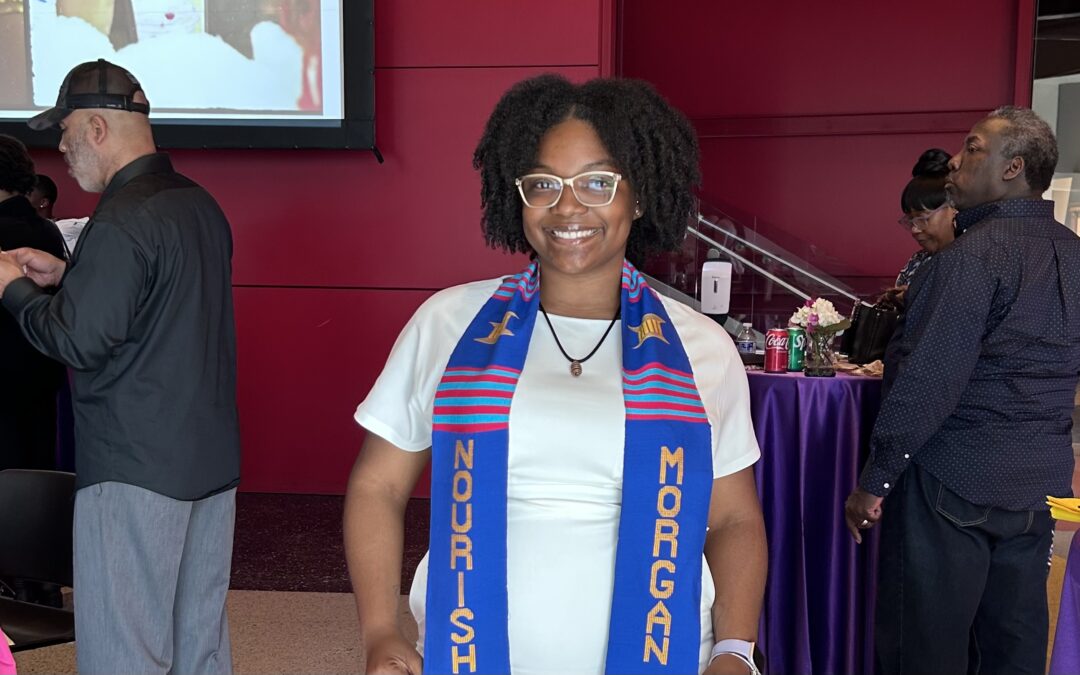Hello!
My name is Iyana Gross and I will be writing a new section in the newsletter to share important topics and information that are relevant to our daily lives. But first – a little about me:
I am a recent graduate from Morgan State University. I graduated Summa Cum Laude with a Biology major and minors in Chemistry and Women and Gender Studies. While May was full of celebrating my accomplishments from graduating undergrad, June was filled with celebrating becoming a full spectrum doula. I completed my certification with the N.O.U.R.I.S.H Doula Program under the Black Women’s Health Imperative Program. I decided that I wanted to become a doula because I am passionate about changing the harsh realities that many Black women face during labor and post-birth. Birthwork is very personal to me. I wanted to help women through one of the most intimate moments in their life. I want to do my part to ensure that they felt safe and supported. Serving as a doula aligns with my personal goals of being a community advocate and supporting the overall health of Black women and other women of color.
Doulas are birth workers who dedicate their work to supporting birthing people by utilizing unique plans that are specific for each birthing person. Doulas are advantageous because they are an extra layer of support who are knowledgeable about lactation, diet and nutrients, postpartum care, and a plethora of other things. For Black birthing people, the presence of a doula drastically decreases their risk for postpartum depression and infant mortality. Receiving doula care is also known to help decrease the length of labor and have higher rates of success when breastfeeding. This is significant considering that Black women suffer from higher rates of complications during labor and post-birth. Doulas are also avid advocates who consistently connect with others to support their communities.
There has been exciting news for Doulas and birthing people in the state of New York because now individuals who qualify and/or have access to Medicaid will be able to utilize doulas and their resources through Medicaid. This is great progress because only 21 states currently allow Medicaid to cover doula services, despite doula services being the most frequently mentioned non-traditional services by ⅔ of the states in the United States. Doula Care can be expensive which is why it is often not utilized by birthing people who need it the most.
My work as a doula connects with the Black Church Food Security Network (BCFSN) because it is important to connect with local groups to find healthier sustainable options for food. I work with clients who want to change their food habits and diet intake during their pregnancy and the time after. It is often difficult to find grocery stores that do not have egregious prices for healthy foods. As a doula, offering support and viable long-term solutions is important so that clients can sustain their quality of life long after their birthing experience. Organizations like the BCFSN allow Doulas, like myself, to offer sustainable ways to connect with their community, promote health and organize communal power. I am really excited to continue to learn more while working with the Black Church Food Security Network to help strengthen my knowledge as a Doula and find new ways to help support my community.
If birth work interests you and you desire to learn more, here are many ways to get involved and receive training as a doula. Listed below are some different resources for doula training throughout the country:
Trainings Receiving Doula Care

